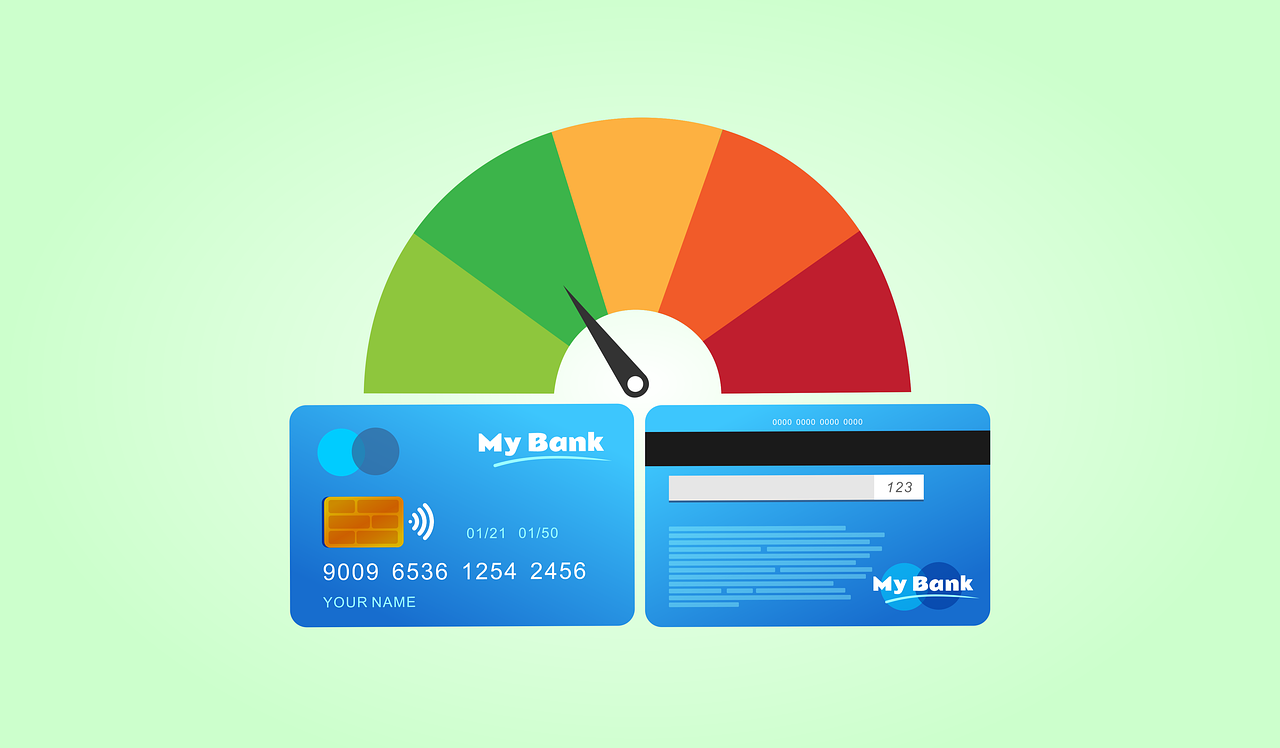How to Improve Your Credit Score

A credit score is a three-digit number that tells lenders how likely you are to repay any money that you borrow. If you’re looking to buy a house, it is useful to ensure your credit score is as high as possible because you may achieve access to better mortgage rates.
The good news is that your credit score is not set in stone, meaning you can take proactive steps to improve your score and unlock better financial opportunities. Within this blog, we’ll explore the different ways you could boost your credit score.
What affects your credit score?
Before we get into ways of improving your credit score, it is important to look at what factors influence this important number. Credit reference agencies use different methods for working out the golden number, but they could inspect your:
- Payment history.
- Personal information e.g. income, address.
- Amounts owed.
- Credit history.
- Credit mix.
- New credit.
What is a good credit score?
Credit scores are usually graded from 0-999, with 999 being the highest score, and are ranked in 5 categories. The ‘ranking’ of your credit score will be different depending on which credit reference agency (CRA) as they use different numerical scales to ascertain your credit score. However, you are likely to be in the same category across all CRA scoring models.
The largest CRA in the UK is Experian, which separates their credit scores as follows:
- Excellent (961-999).
- Good (881-960).
- Fair (721-880).
- Poor (561-720).
- Very poor (0-560).
Other popular CRAs are Equifax and TransUnion.
What credit score do I need for a mortgage?
If you are interested in getting a mortgage, you will want your credit score to be as high as possible. The higher your credit score is, the more likely better mortgage deals will be available to you and with better interest rates, although there are no guarantees this will be the case.
For example, having a credit score in the ‘excellent’ category will give you access to the best mortgage deals and the interest rates on these deals will be lower, meaning you can borrow more with lower monthly payments and will pay back less overall.
If your credit score falls into the ‘poor’ category, you will still get access to mortgage deals but they will not be the best and the interest rates will be higher. This means you are more likely to be paying a high monthly amount on your mortgage and will pay more interest on your mortgage over its duration.
How do you improve your credit score?
If you’re looking to boost your credit score, there are different options you can take to increase your chances of your score increasing.
Build a credit history
If you are young and looking to buy your first home, your credit score may be negatively influenced by having a lack of credit history. Having little or no credit history can make it difficult for a credit reference agency to assess your ability to pay money back. If you have a good track record of borrowing money, this can provide support for your case.
Building a credit history can take time, ways to do this include:
- Open a bank account and manage it responsibly: Having a checking or savings account and using it actively demonstrates your ability to handle finances.
- Become an authorised user on a trusted family member’s credit card: This can help you build credit history, but ensure the family member has a good credit history and uses the card responsibly.
- Consider a secured credit card: This option requires an upfront deposit that becomes your credit limit. Using the card and making payments on time helps build your credit history.
Be careful with your credit card
As much as a credit card can help to increase your credit score, it is important that you manage your bills effectively to pay off the amount in full each month and avoid exceeding the credit limit. Paying late or missing a payment can lower your score, however, so make sure to only make purchases on a credit card if you can afford to pay it back.
Manage bills well
Pay all your bills on time, including utilities, like gas and electricity, and mobile phone contracts – consistent on-time payments can be a significant factor in improving your credit score.
Setting up direct debits for upcoming payments and recurring bills can ensure that you don’t miss any deadlines. Even small late payments can negatively impact your score, so keeping on top of this can protect your number from falling.
Register to vote
If you’re on the electoral register, this could boost your credit score. Signing up to be on the electoral roll is a simple and quick step that could have positive outcomes on your credit report.
Pay off debt
Consider consolidating multiple debts into a single debt consolidation loan. This can simplify your repayments and potentially reduce your overall interest rate, freeing up resources to manage your debt more effectively. However, be mindful of the potential risks of accumulating further debt on the consolidation loan.
Alternatively, create a budget and prioritise paying off high-interest debts first. Focus on paying down debts with the highest interest rates first, as they tend to accrue charges faster, hindering your progress.
Check your credit score online
You can receive a credit report easily ahead of time from any of the credit reference agencies in the UK. Knowing your score in advance can allow you to take the steps to improve your rating before you come to get a mortgage. You may want to set up alerts for when a new credit report is ready to view.
Limit applying for new credit
Applying for new credit cards or loans can result in ‘hard inquiries’ which can slightly lower your score. Avoid unnecessary applications and space out hard inquiries when possible.
Seek professional financial advice
Ultimately, if you want help with your finances and are struggling to improve your credit report, a qualified financial advisor can offer you personalised advice and guidance.
Get home-buying advice from County Town Homes
By following these steps and adopting responsible financial habits, you can gradually improve your credit score and unlock better financial opportunities in the future. For more help and advice with the home-buying process, check out our Blog from County Town Homes, where you’ll find useful guides around Mortgage Deposits and First Time Buyer Stamp Duty.

